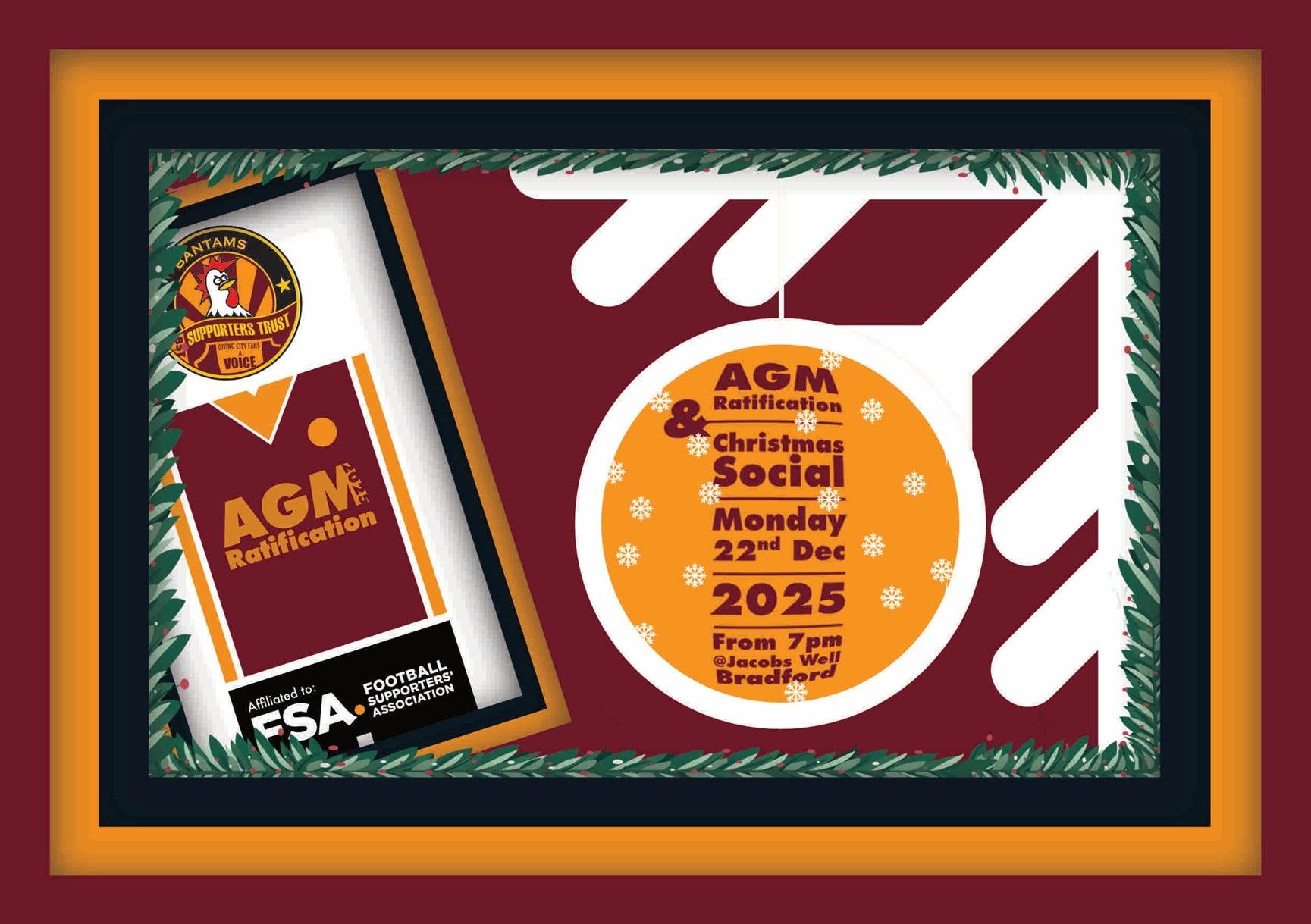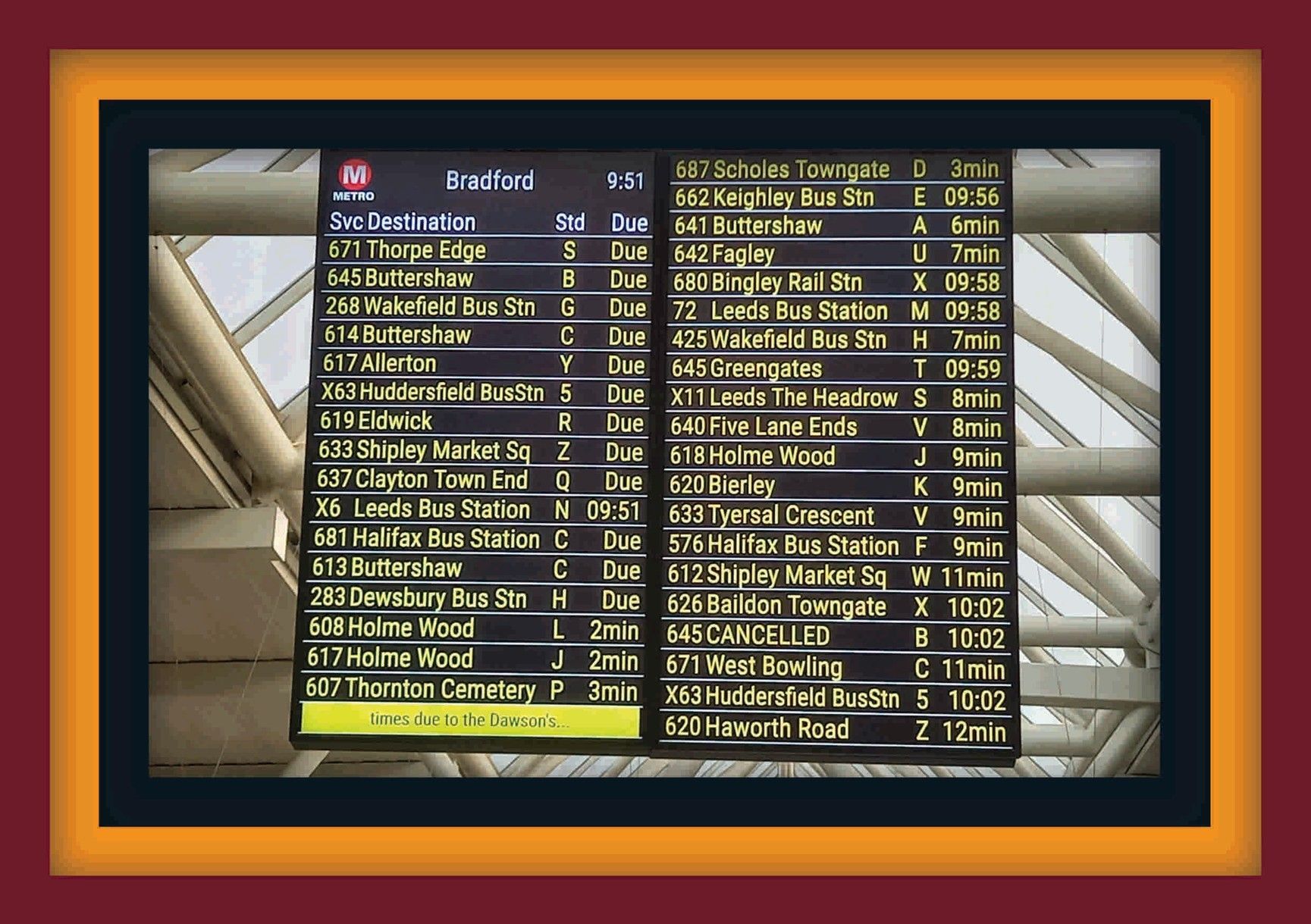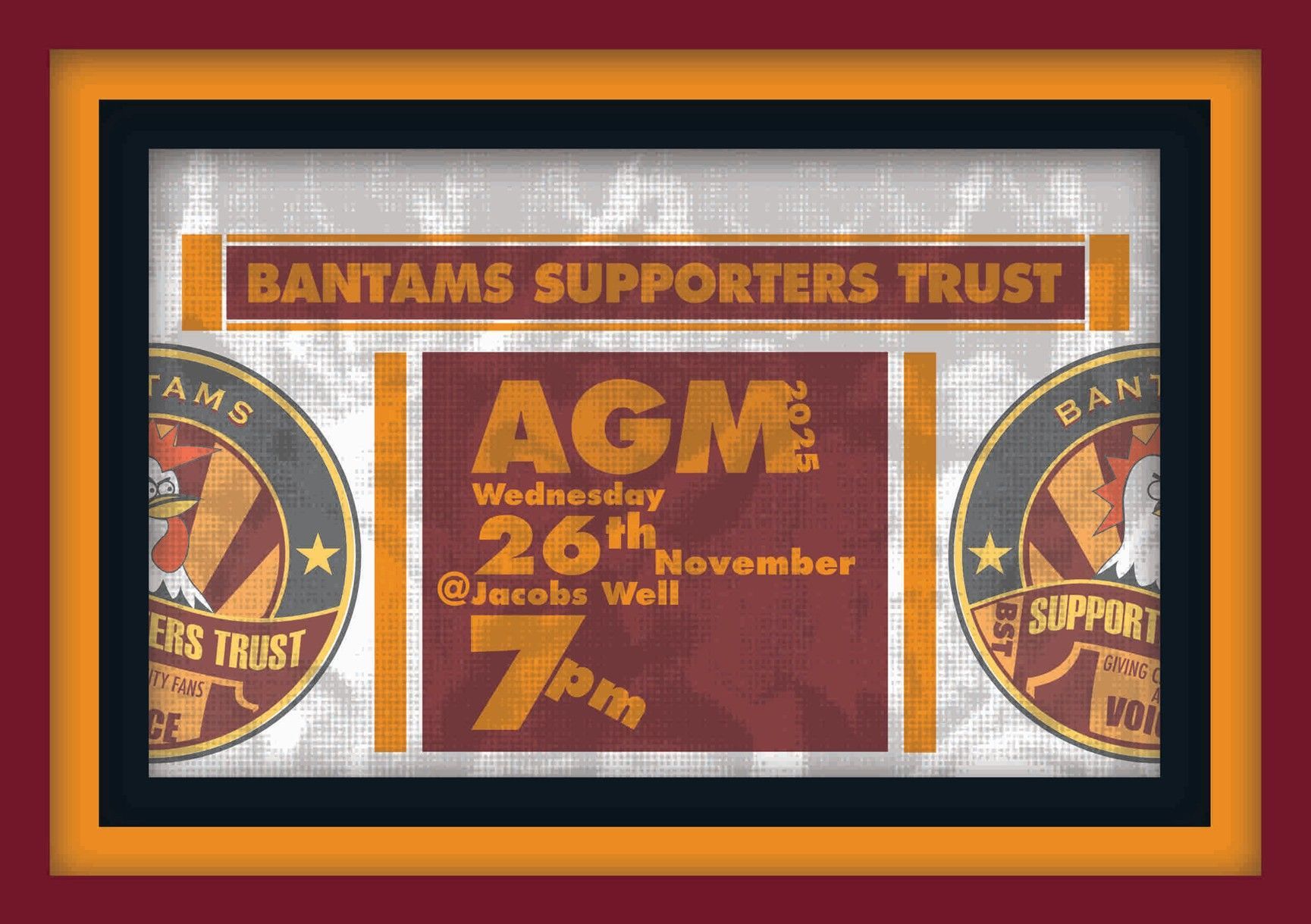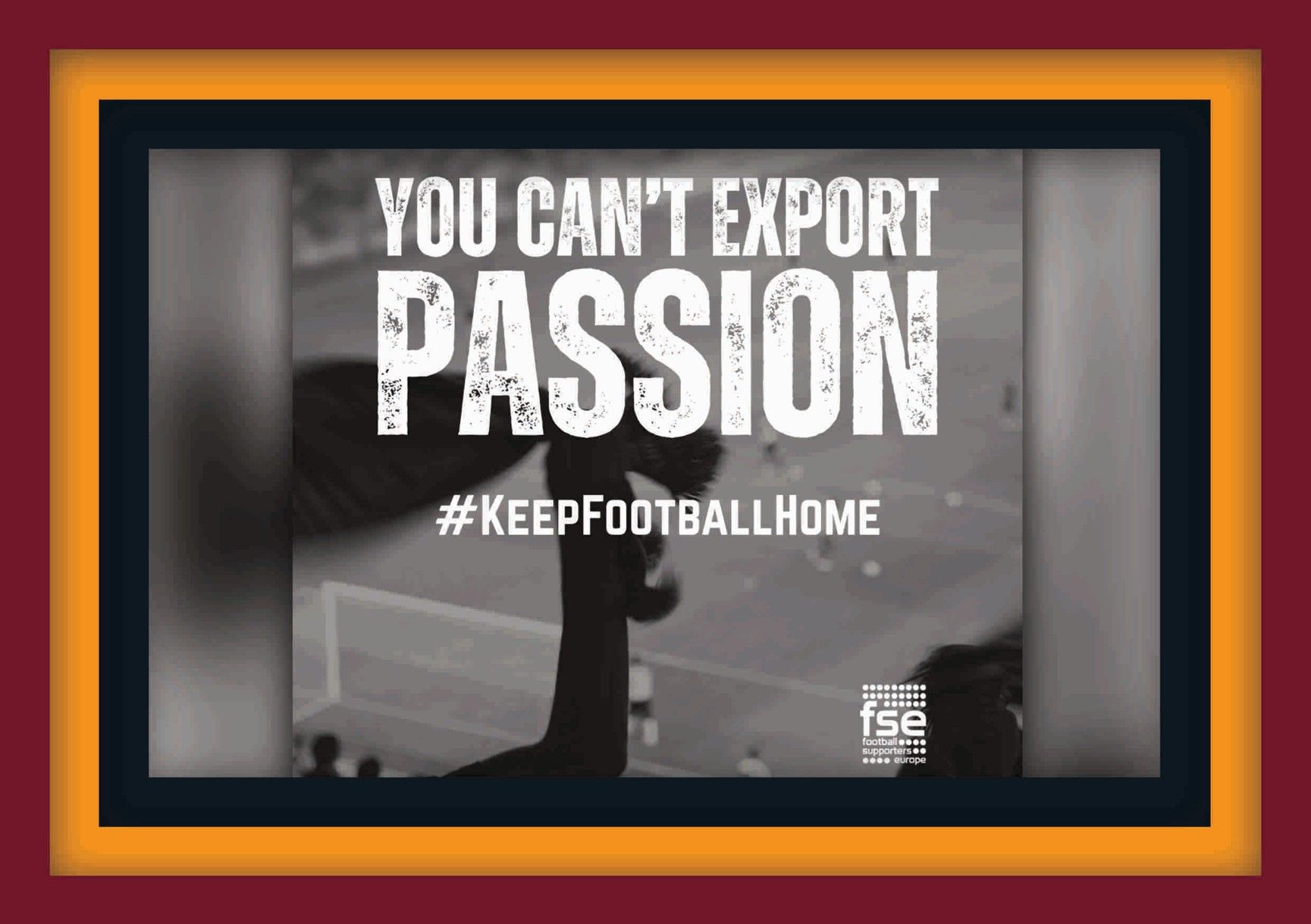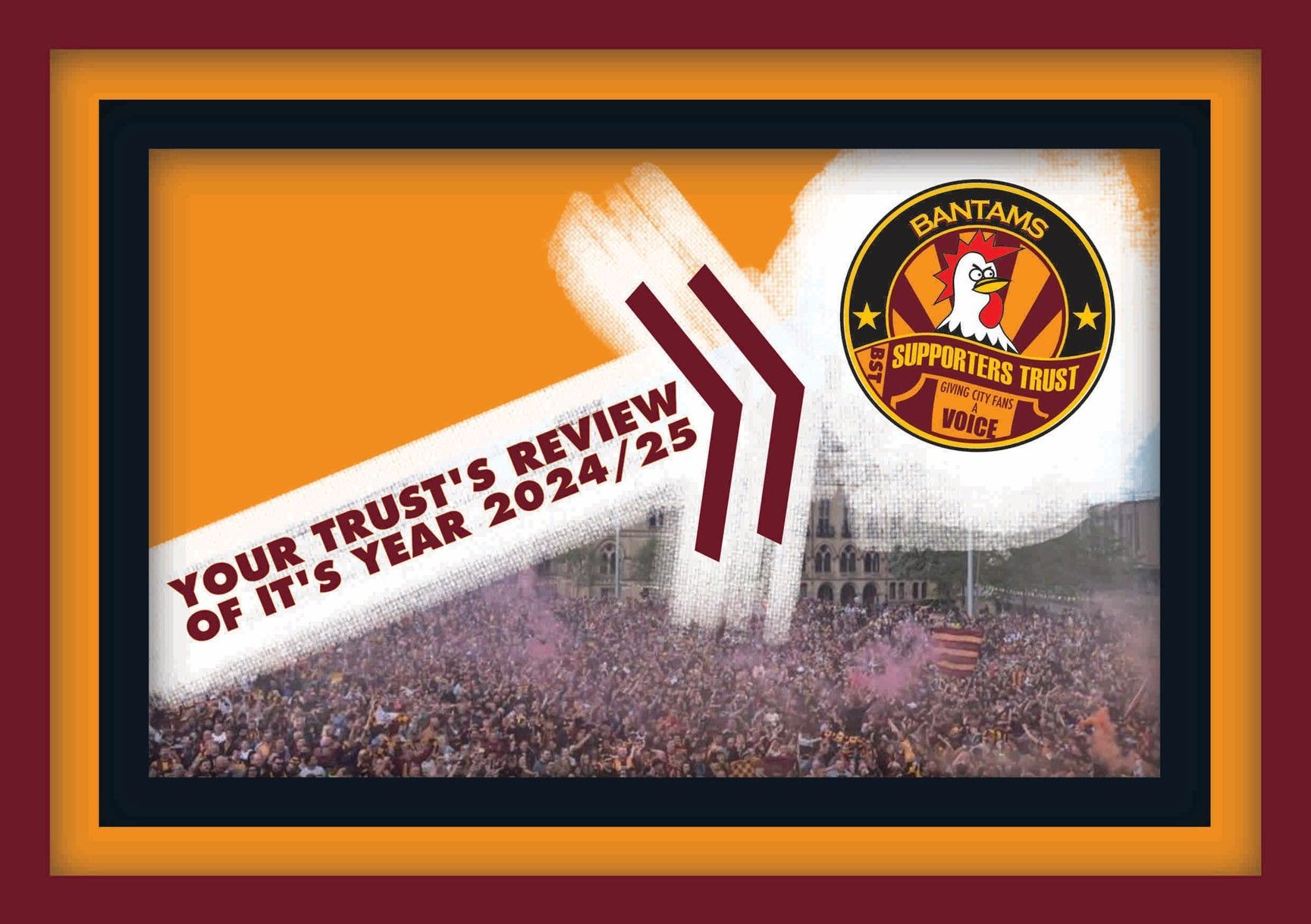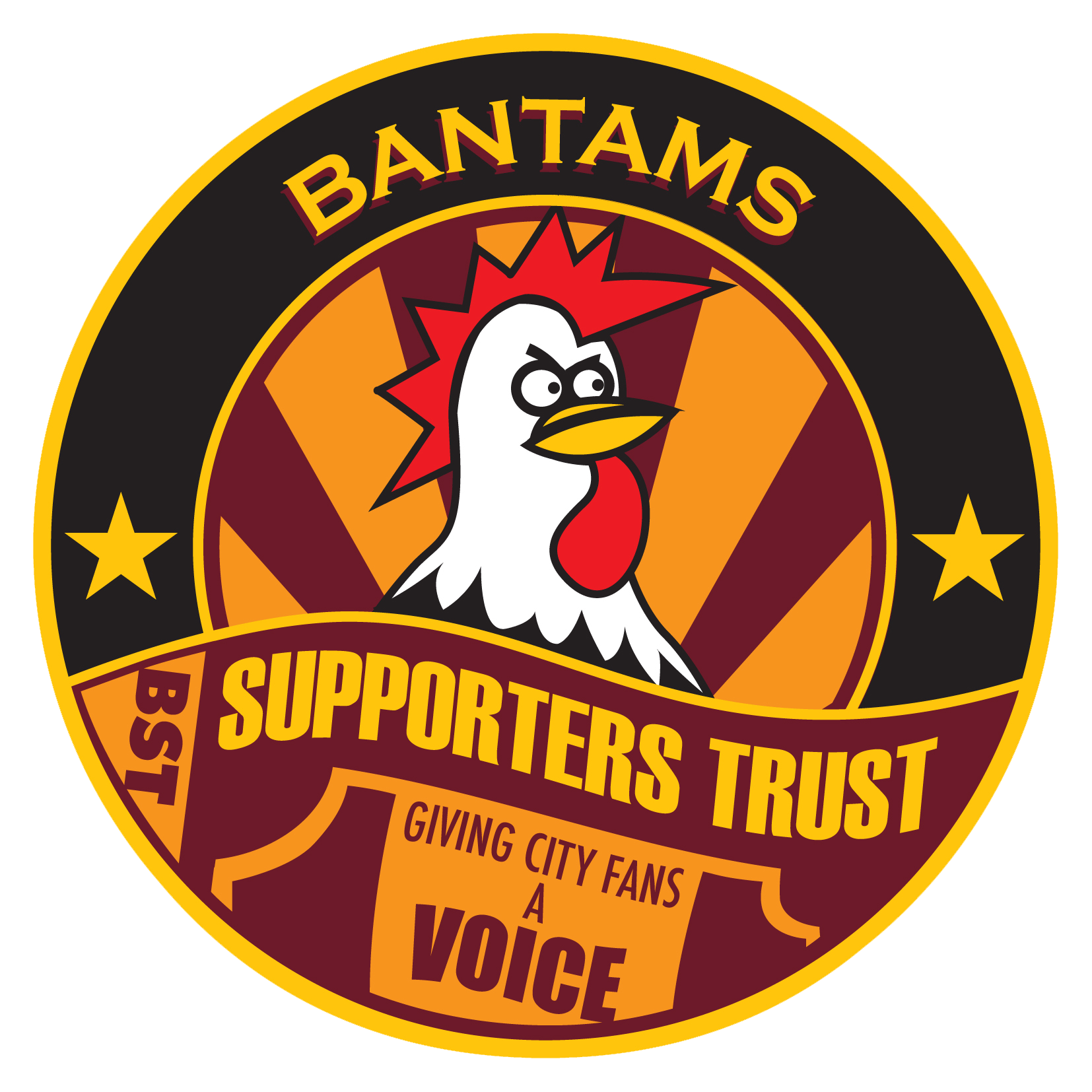Report of Trust Meeting with BCAFC: Improving Safety and Behaviour at Football Matches
In attendance from the Club: Paula Watson (PW) – Director of Operations
Jonathan Heaton (JH) – Safety Officer
From West Yorkshire Police: Aaron Dennis (AD) – Dedicated Football Officer (DFO)
Representing the Trust was, Manny Dominguez (MD) – Chair
Apologies were given from Matthew Pickles (MP) also from the Trust.
Bantams Supporters Trust met with the Club and a representative of West Yorkshire Police working with the Club on Tuesday 26th Aug.
The last time the Trust met with the Club was December 2022. That was at a time when the EFL had brought out its new supporter sanctioning guide, developed with the FSA (Football Supporters Association), to assist its 72 clubs in dealing with supporter behaviour issues. You can see the EFL sanctioning Guidance here and the Executive Summary here. You can see our report of the last meeting we had with the Club here.
At the time the Guidance had come out, Bob Eastwood, the EFL’s head of security and safety operations, said: “Following the return of fans, after the disruption caused by the COVID pandemic, the behaviour of some supporters has been placed under the microscope, which has prompted questions about how the football authorities deal with incidents that are in contravention of ticketing terms and conditions or ground regulations…” See full quote here.
MD asked how the Club’s Sanction and Banning Policy was used since the EFL’s guidance came in.
The Policy had been updated from around February 23 to put some detail of the variety of sanctions and the appeals process, and since then it has improved still further, for example, explaining what an acceptable behavior contract is and including ‘Education or Restorative Justice; in its’ levels of sanctions subject to the severity of the behavior. It also explains who (no names) the Appeals Committee’ comprises of. You can see the Policy here.
JH and AD broadly explained that that they have an ‘acceptable behaviour contract’ often for young people, and those under 18 that get involved in activities that stop short of what is breaking the law but could progress to that, where parents are informed and there is a 'ABC Yellow card' system which is part of an Acceptable behaviour Agreement.
AD explained that ‘Education’ is offered as a sanction and explains what behaviours / activities are football offences, the football ground regulations and what criminal offences are.
An Acceptable Behaviour Contract is overseen in the presence of the clubs safety officer and/or the Police. Parents or an appropriate adult may be present. If there are further instances of poor behavior, they may lead to the other sanctions.
It was further explained that police investigations are carried out at this time.
JH explained that there is a sanctions panel team that he attends and another staff member, as well as a supporter representative where possible that decides the type of sanction.
The subject has a right of appeal, and the Appeals Committee / Panel usually comprises of a senior staff member not involved in the initial sanctioning decision, the SLO, and where practical a nominated supporter representative.
MD said supporter perception was that poor behavior happened more at away grounds, but AD said that that’s not necessary the case, explaining that, at away games most of us either come on trains and supporter coaches, and we are all together in an enclosure, so incidents and anti-social behavior is more noticeable. At home the poor behavior is diluted all over the ground. Supporters come at different times and with big attendances right across the ground, it makes incidents less visable.
It was also pointed out that poor behavior is not just happening in and around the stadium or in city centres, there is an increase of online offences on social media and therefore this is included in the Banning and Sanctions Policy.
MD brought up a couple of incidents when City were away: Doncaster Rovers on ‘Black Friday’, December 22nd 2023 and last season when we went to Prenton Park, 12th October 2024. In both games we had won, but @ the Doncaster game, the disabled supporters were situated in the front rows behind the goal. When we had scored supporters had ran down the front to celebrate and wouldn’t return to their seats, obscuring the sightlines of the disabled supporters and it appeared stewards could do little about it. Some of the disabled fans were visibly upset.
In the incidents at Tranmere, supporters were allowed to congregate in the middle, standing on the stairways, so when we had scored in the first half, supporters on the stairways had toppled forward causing some to fall and cause alarm and upset. No one was seriously hurt but there could’ve been. In the second half, the stewards had gained control and most supporters were in or at least in front of their seats and those isles were clear.
MD said he had written to Tranmere Rovers several times and had not received a response. And the FSA had advised to ask if we (the Club) had communicated in advance about possible situations likely within our traveling support. And that supporter perception was that stewards and police don’t do enough quell tensions when they arise.
JH said that there is communication between clubs in advance of matches. We do have our own stewards to assist to manage our traveling supporters as it does help supporters to think twice to not get into bother. Often this is a reciprocal arrangement but Clubs have to request it
AD said that when there are large numbers to away grounds, those individuals that can get carried away in their support feel safe in those crowds to do as they please, but issues around persistent standing or other matters which would constitute a breach of ground regulations are not police matters as we (as in the police) do not have any power to enforce them, this is turn means the police do not as a rule enter the stands as this may escalate situations when they have no authority to impose such regulations. Arrests are often made after the match, or following investigation.
With regards to the Tranmere game AD said sometimes Clubs make mistakes in their strategies, and said that the halftime break allows stewards and police to regroup and gain control.
MD asked it if there are communications to supporters to deter supporters from misbehaving / being considerate to others. PW said that there are many comms on social media pre match and during the match on the scoreboard or at times on the tannoy.
MD asked about the ‘SQUAD’ training for stewards.
“Squad will improve the consistency & quality of training and allow all stewards to manage their own continuing professional development (CPD) through access to online training courses, resources and qualifications. Modules will include Equality, Diversity & Inclusion, Safeguarding, Counter-Terrorism training.”
An excerpt taken from an FSA’s EFL Network Meeting in June
PW said that this is for stewards that have had their training and on the Clubs’ database. It’s not a platform for new staff at the moment.
It was asked about supporter representation on the Safety Advisory Group (SAG) that regularly meets at the Club.
SAG’s provide specific advice and guidance to event organisers – such as football clubs – and usually have representatives from the local council, football club(s), police, and other emergency services. The local authority can then provide clubs with a safety license. In other words, without SAG approval, major football fixtures couldn’t take place. It is the local arm of the SGSA and is an essential way of ensuring good liaison between stakeholders. The FSA consults with the SGSA at national level and encourages its affiliated groups to be represented at the local SAG level. Indeed is a recommendation of the SGSA itself, see here.
MD advised a decision didn’t have to be made there and then.
To round up, there was a discussion of the prevalence of a minority who have a disregard to what acceptable behavior is in football and to a certain extent it has always existed and will always continue as this is mirrored in society in our communities, and that society is based on compliance – a willingness to accept and respect each other, social norms and rules and regulation.
We agreed to meet up yearly.

